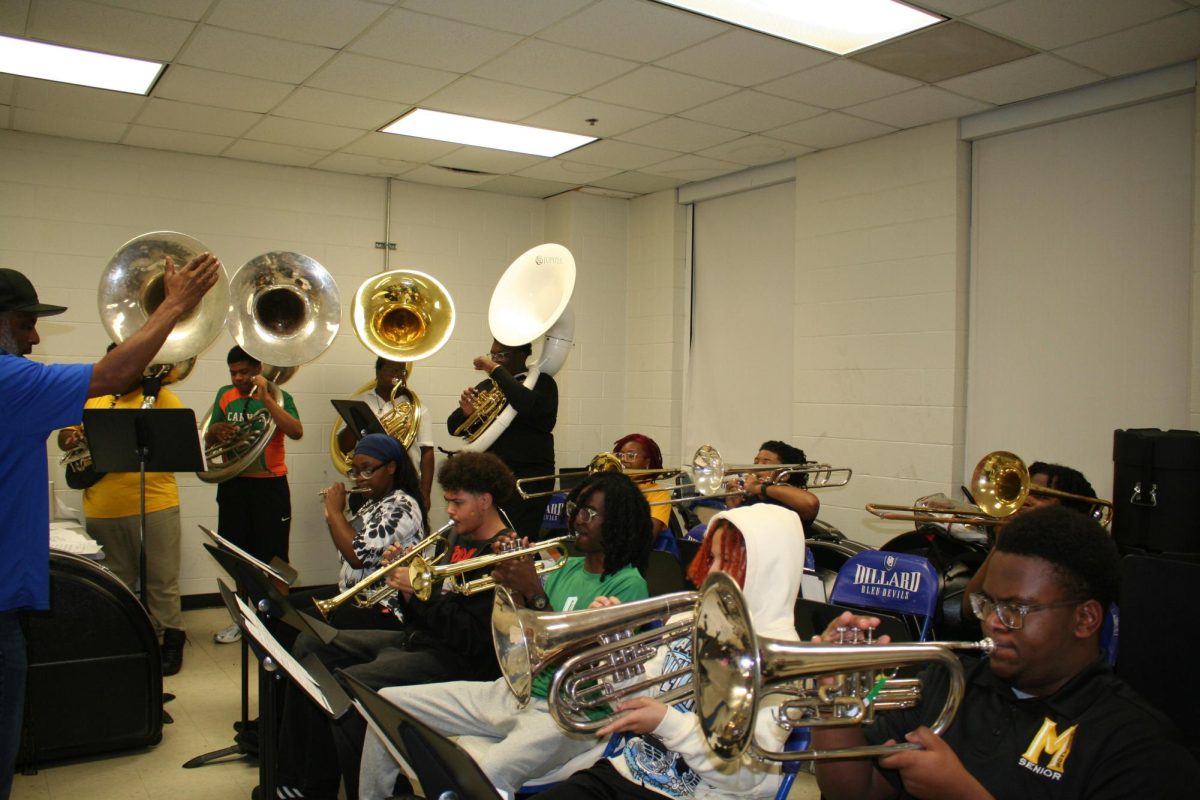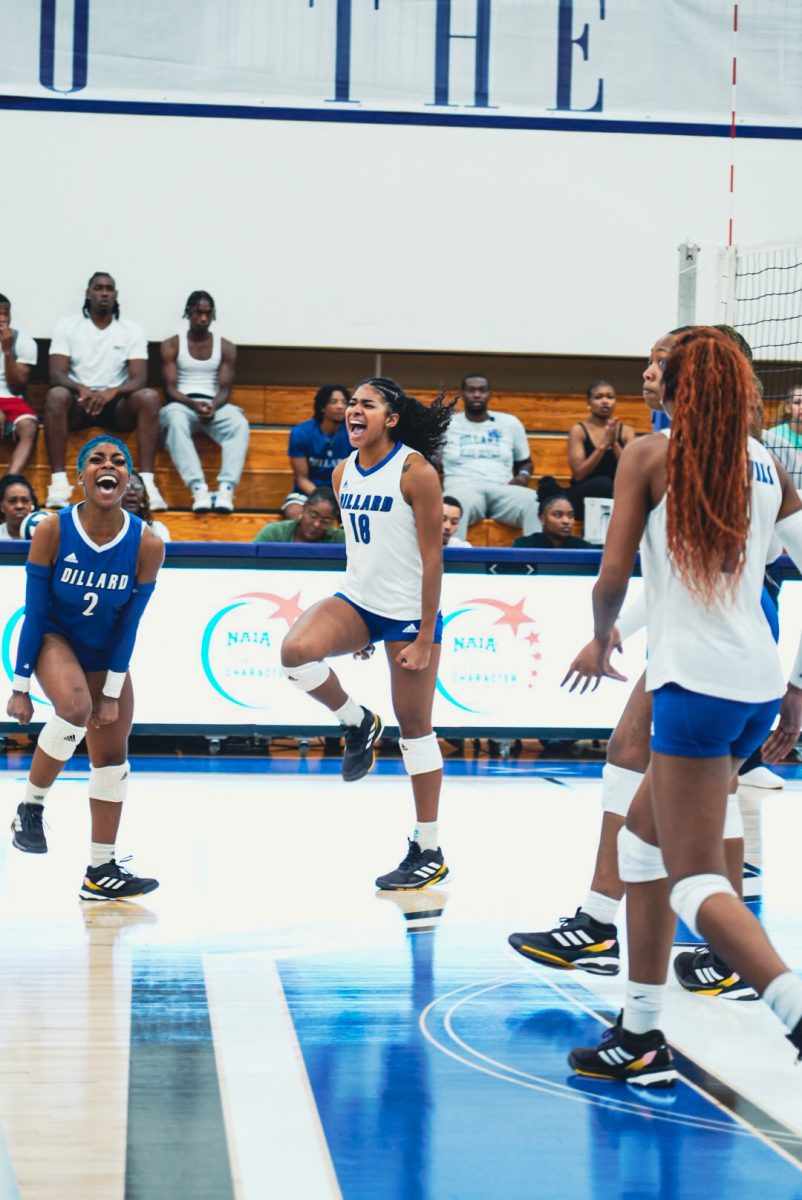NEW ORLEANS (Feb.21, 2013)- In 2008 it appeared Barack Obama would not only be America’s first black president but also its first real black superhero.
The pedestal on which the black community sat President Obama may be higher than any other in history. For a moment in time, black people seemed willing to overlook the flaws, if any, Obama had.
The president won 95 percent of the black vote in 2008 and 93 percent in 2012. His approval rating among African-Americans as of early February was 93 percent, remaining in the 90th percentile for the past two months, according to the Gallup polls. Even so, the murmuring of his critics appears to be growing louder as the president’s second term gets under way.
Obama has maintained that he takes the approach that “a rising tide lifts all boats,” so his policies benefit all Americans. Yet some say issues affecting African-American communities the most have not been pushed as consistently as others. Those include Dr. Cornel West and Tavis Smiley, who were speakers last month here at Dillard during their “Poverty Manifesto” lecture tour.
West, a professor at Princeton University and author of the 1994 best-selling classic “Race Matters,” and Smiley, an author and TV-radio personality, said blacks must hold the president accountable during a joint talk Dillard’s Lawless Chapel on Martin Luther King Jr. Day.
Smiley suggested it’s time to forcefully and politely push the president to get the results African-Americans expect.
“If something significant does not occur in the next four years, the data is going to indicate that black people have lost ground in the era of Obama,” Smiley said.
“Justice delayed is justice denied,” said West, describing what he called the president’s lack of action on poverty issues.
Meanwhile, the African-American Economic Summit last month at Howard University, reported in the Washington Post, noted alarming statistics: The white-black wealth disparity is more than 20-to-1. Black income and home ownership are down. And black joblessness is up.
Bernard Anderson, a former assistant secretary of labor, said the economic system is “shot through with discrimination” while Obama’s second inaugural address included “not a single, blessed word on race.” He said blacks must stop giving the president “a pass” on addressing issues that affect their community.
Excuses such as, “He cannot do it alone” and “He needs a second term,” echoed among the black community time and time again for the first term. Well, the second term has arrived, and African-American leaders must push black issues more powerfully.
Fredrick Harris, a political science professor at Columbia University and director of its Institute for Research in African-American Studies, asserted that black advocates haven’t asked the president to do anything, “at least publicly.”
“The crucial difference, compared to the gay and lesbian community and the Latino community, is that they have pushed the president on issues they think are important,” Harris said. “And the African-American community has, in many ways, focused on protecting the president from the right wing rather than pressuring him into action around issues that are particular to their community.”
Even so, the Congressional Black Caucus has complained that the president hasn’t met with them since May 2011. And Rep. Alcee Hastings, D-Fla., told the National Newspaper Publishers Association that not one of the 61 names the caucus sent as potential candidates for positions in the president’s second term was selected.
The president has many equal-rights accomplishments under his belt. He has pushed fair pay for women and supported the DREAM Act for young immigrants living in the United States illegally. This president openly uplifts gay rights despite religious backlash and his own personal beliefs. The repeal of the “don’t ask, don’t tell” law that discriminated against gays from serving in the military won over gay and lesbian voters in the 2012 election. Immigration reform is an especially touchy subject for some blacks, as was evident on recent black radio talk shows in which some callers said it was payback for Hispanic election support.
African-Americans need to take note and start advocating for their issues while there’s still time. These next four years will fly by as fast as the first. In his second term, Obama is taking his proposals on jobs, wages, and education directly to the people to gain voter support in the face of expected Republican antagonism. We must support that: African-Americans cannot be left behind in what was supposed to be an era in which black people shined the brightest.
“




























